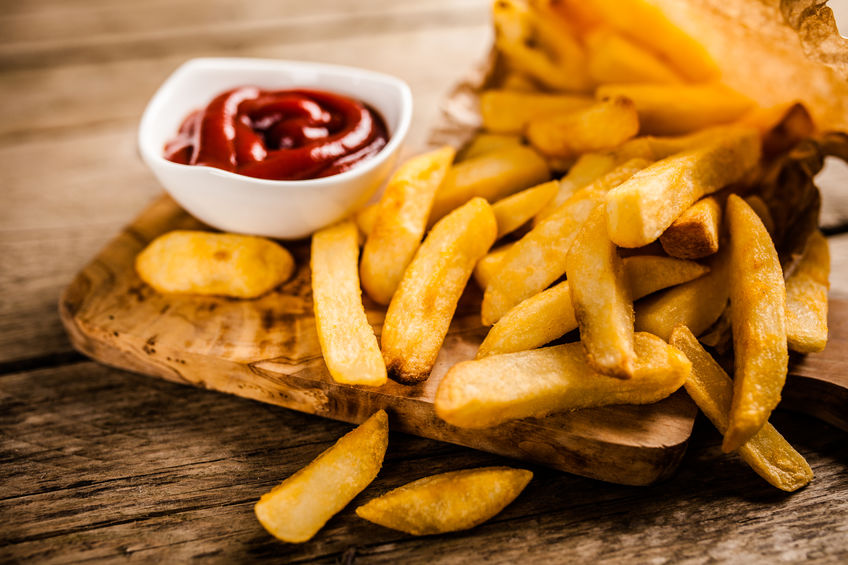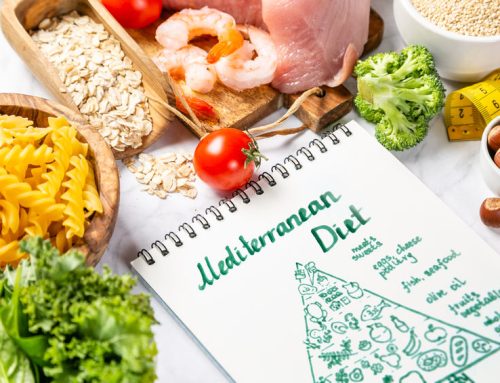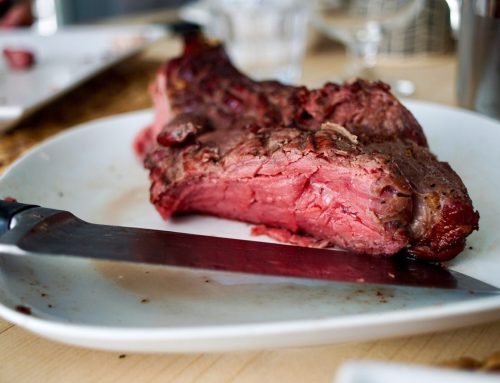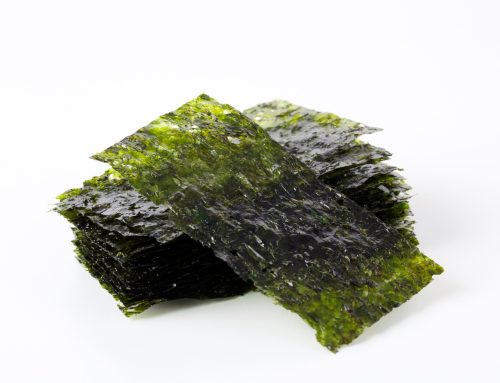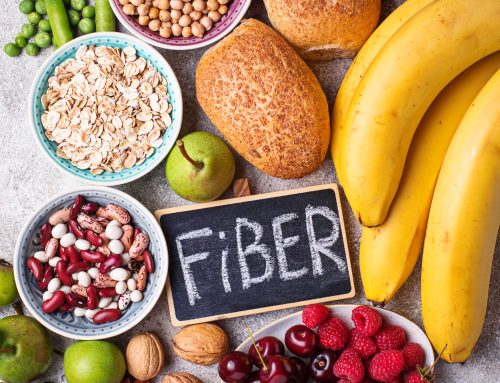IBS and food intake? Does what we eat affect IBS? A new study shows that there is a correlation between what we eat and irritable bowel syndrome.
Study of IBS and Food
Inflammatory bowel disease, which is characterized by chronic inflammation of the gastrointestinal tract, affects three million U.S. adults. There are two types of conditions, Crohn’s disease and ulcerative colitis. Common symptoms of inflammatory bowel disease include persistent diarrhea, abdominal pain, rectal bleeding or bloody stools, weight loss and fatigue, according to the Centers for Disease Control and Prevention (CDC).
According to a new study by researchers in the Institute for Biomedical Sciences at Georgia State University, foods, such as French fries, cheese, cookies, soda, and sports and energy drinks, are commonly found in the diets of United States adults with inflammatory bowel disease.
- The researchers analyzed the National Health Interview Survey 2015 to determine the food intake and frequency of consumption for U.S. adults with inflammatory bowel disease.
- The survey assessed 26 foods.
- The findings, published in the journal PLOS One, reveal that foods typically labeled as junk food were associated with inflammatory bowel disease.
Correlation Between IBS and Food Intake
This is what the research show about the correlation between IBS and food intake:
- This study found fries were consumed by a greater number of people with inflammatory bowel disease.
- They also ate more cheese and cookies and drank less 100 percent fruit juice compared to people who did not have inflammatory bowel disease.
- Eating fries and sports and energy drinks and frequently drinking soda were significantly associated with having been told one has IBS.
- Consuming milk or popcorn was less likely associated with receiving this diagnosis.
Analysis from the Researchers
The authors of the study include Drs. Merlin, Raeda Anderson and Emilie Viennois of the Institute for Biomedical Sciences and Dr. Moon Han, the study’s first author who completed the work as a Ph.D. student. He cautions that more research is necessary:
- While foods typically labeled as junk food were positively associated with inflammatory bowel disease, we found the eating patterns of people with and without this disease to be very similar.
- However, it’s unclear whether the survey results reflect a potential change in the food intake of people with inflammatory bowel disease long before the survey was conducted.
- To fully understand the role of food intake in inflammatory bowel disease risk and prevalence, it’s important to explore environmental factors (food deserts), food processing (such as frying) and potential bioactive food components that can induce intestinal inflammation and increase susceptibility to inflammatory bowel disease.
Click here to read full report on IBS food intake.


